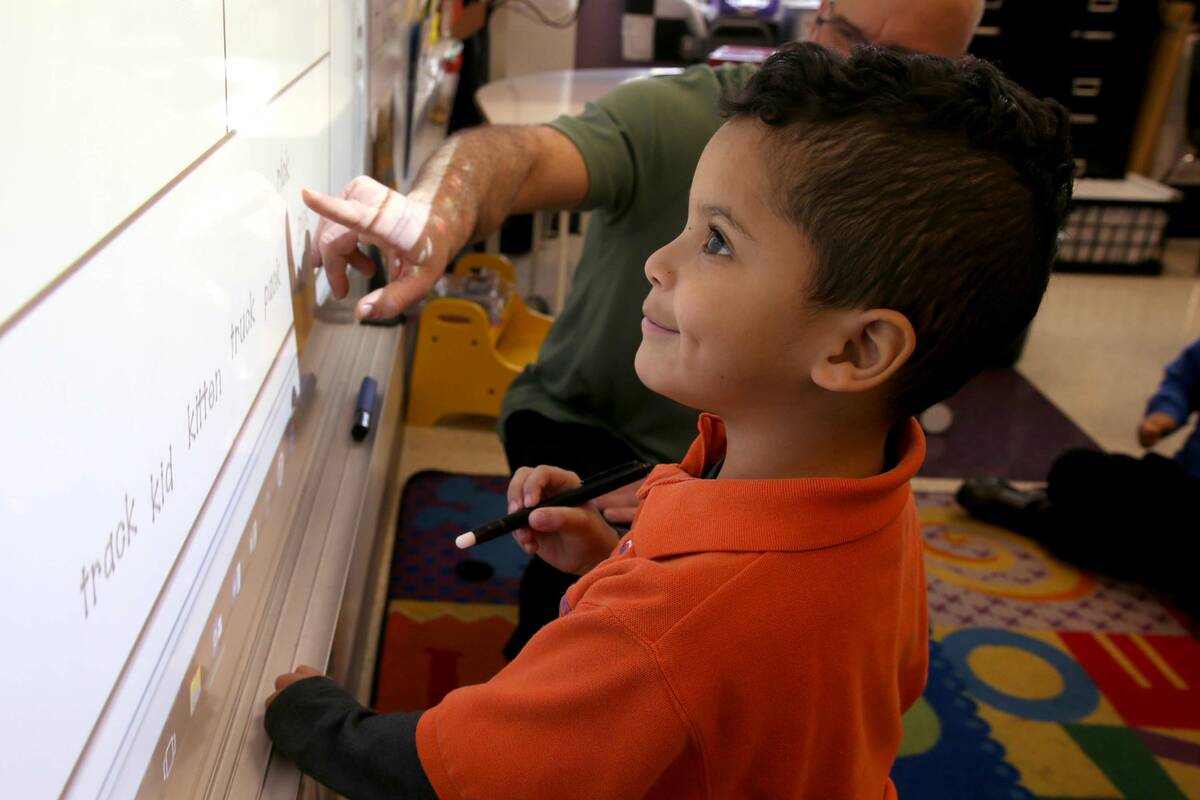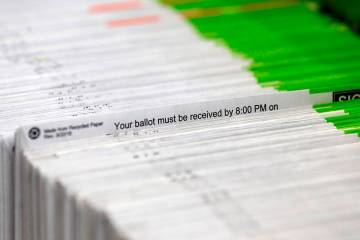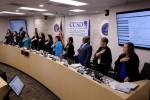EDITORIAL: Baltimore’s ‘ghost’ students show need for school choice
What happened in Baltimore recently is an extreme example of why blindly throwing money into a broken education system won’t increase student achievement.
The Baltimore City schools received over $17,000 per pupil in 2019. For comparison, the Clark County School District’s per-pupil spending was about $9,000 in 2020.
According to conventional wisdom, Baltimore must have a much better education system than CCSD. After all, their spending is far above the national average, which the Census Bureau estimated was around $13,000 per pupil in 2019.
Nope. Not even close. Just 13 percent of Baltimore’s fourth graders were proficient in reading in 2019. That’s according to the Nation’s Report Card, formally called the National Assessment of Educational Progress. In Nevada, it was 31 percent. A more apples-to-apples comparison is probably the our local school district, and 30 percent of its fourth graders were proficient in reading.
The education establishment’s obsessive focus on spending obscures the real issue. How money is spent matters more than how much is spent after passing a baseline level of spending.
Digging into what happened in Baltimore shows why. Earlier this year, Fox45, a local television station, reported that Augusta Fells Savage High School was filled with “ghost” students. Those are students who don’t attend the school, but are used to inflate enrollment. The station found that one of the “ghost” students was in jail at the time he was enrolled.
Baltimore City Schools recently released an audit of the school and confirmed that fraud was rampant.
“AFS students were scheduled into classes that did not exist (known at the school as “filler classes”), when they should have been withdrawn due to lack of attendance,” the report found.
In one case, students were recorded as attending a yearbook class from the 2017-2018 to 2019-2020 school years. Neither records nor witnesses were able to verify the class even existed.
The investigation also uncovered that students missing credits were allowed to complete “work packets.” The problem was that wasn’t an accepted way to recover credits. Further, some of the teachers lists on the records insisted they hadn’t taught those classes.
Would throwing money at schools like this improve things?
The needed alternative is school choice. That would let parents spend some of the existing funding at the school of their choice.
School bureaucracies often look down their noses at supposedly uneducated parents, but at least parents know if their children actually exist.




























